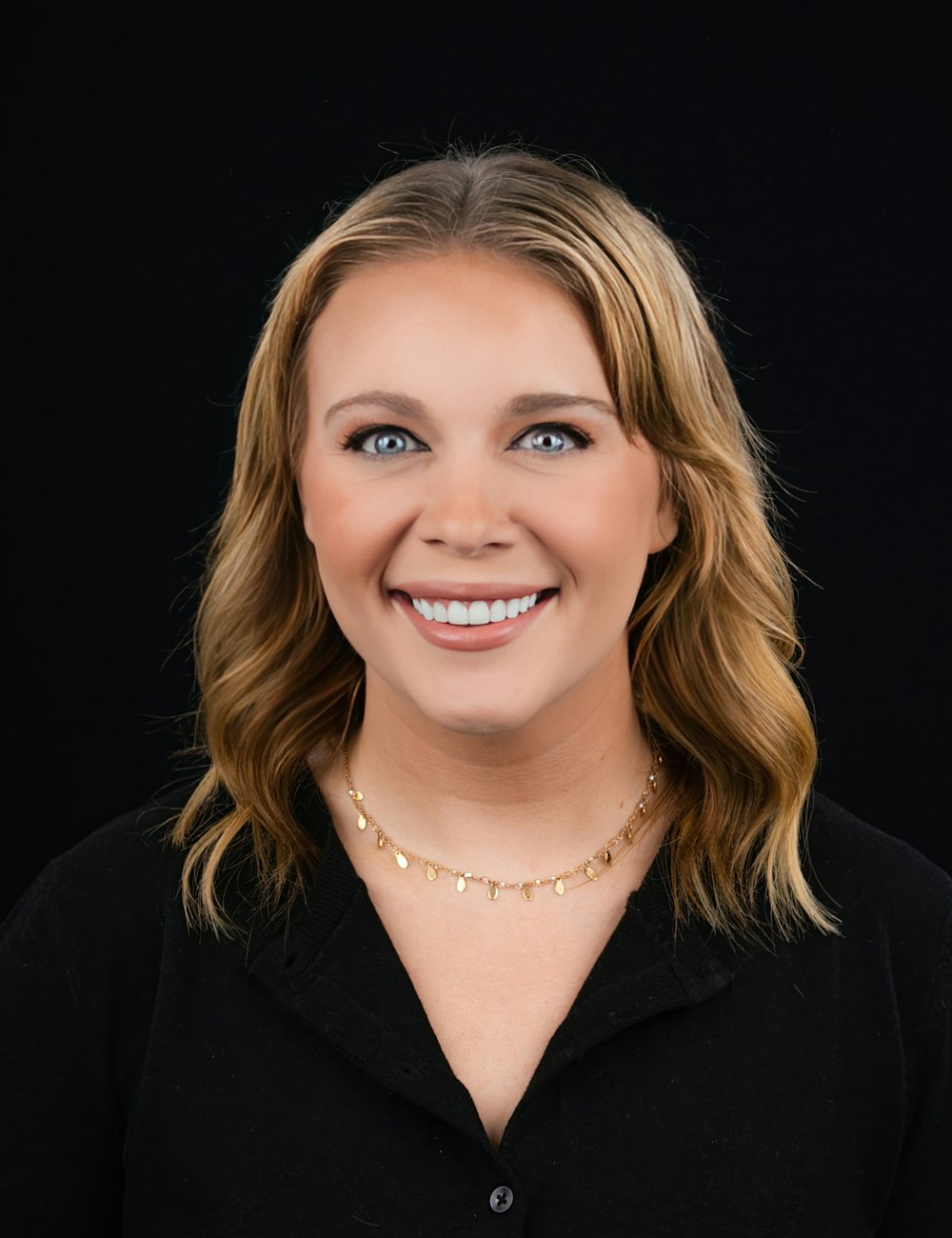Your Guide to Sedation Dentistry
If you have dental anxiety, you aren’t alone. So many people report having a fear of the dentist that there are studies to figure out why. Dental anxiety and dental phobia stem from three distinct places; direct learning from a negative experience, indirect learning from a loved one or the media, and internal factors such as personality traits and genetics. You may be looking for tips on dental anxiety management. If so, you’ve come to the right place. Here, you’ll find techniques on how to deal with dental anxiety and how dental anxiety dentists do everything they can to ensure you have a pleasant and relaxing experience at their practice.
Sedation Dentistry
Sedation dentistry helps people get the dental care they need without having a traumatic experience before, during, or after the appointment. Additionally, sedation dentistry can also help those with a strong gag reflex. With a relaxed body and mind, you’ll find your dental treatments comfortable and over before you know it. There are different techniques to cope with dental anxiety, and we have an option that fits everyone’s needs. It is entirely safe, and the cost depends on the type of sedation dentistry you choose.If you find yourself putting off dental treatments due to anxiety, read below to find options for sedation dentistry in St. Louis.
Nitrous Oxide
Nitrous oxide is a form of conscious sedation dentistry in which you’re given a mask to place over your nose and mouth. Otherwise known as “laughing gas,” an odorless gas seeps through the mask and relaxes your central nervous system. Breathing in this conscious sedation will- Block certain neurotransmitters for an anti-anxiety effect
- Block pain-signaling throughout the body
- Increases the release of dopamine, causing you to feel happy
Oral Sedation Dentistry
Another form of conscious sedation dentistry, oral sedation, is an option for patients whose anxiety or fear is moderate to severe and begins before coming to the dental office. Oral sedation is a medication that you take at home the night before your appointment and then receive more upon arriving at the dental office. Due to the nature of this type of sedation dentistry, you’ll need someone to drive you to and from your appointment. We also recommend taking the rest of the day to relax and let the medication wear off. Due to oral sedation’s ability to calm severe anxiety, the effects are more potent and last longer than nitrous oxide.Oral sedation dentistry can take one to two visits because, for new patients, your St. Louis dentist will need to see you before prescribing medications. You will also need to refrain from eating or drinking anything besides water for 12 hours before your appointment. This is an excellent option for people who
- Want to complete their entire treatment in 1 or 2 visits
- Have a bad gag reflex
- Have had a traumatic dental experience in the past
- Need a complex dental treatment
- Have dental anxiety or fear of needles
- Feel embarrassed of their smile
NuCalm Relaxation Dentistry
NuCalm relaxation dentistry is not sedation dentistry, but it does aid in your relaxation and anxiety relief at the dentist. It’s a drug-free approach that taps into your body’s natural calming mechanisms and amplifies them. NuCalm disables your body’s fight or flight response and puts you into a meditative state. Many patients report that NuCalm is restoring, and they feel rejuvenated, happy, and full of energy after receiving the treatment. NuCalm has four steps.- A dietary supplement that reduces adrenalin
- Micro-current stimulation patches placed behind your ears
- Headphones playing relaxing music to bring your brain waves to a pre-sleep-like state
- Light blocking eye mask
Things You Can Do
While there are many options for sedation dentistry, there are some things you can do for dental anxiety management.- Deep breathing: Breathing deeply sends a message to your brain that it’s time to relax.
- Meditation: Meditating before your appointment clears your mind and helps your body physically relax.
- Visualization: Visualizing the outcome of your appointment can help you anticipate a positive experience instead of a negative one.
- Mindfulness: Mindfulness concentrates on the present moment, not the past or future. When you’re in your appointment, focus on the positive experience you’re having and not what happened in the past or what you feel could happen now.









